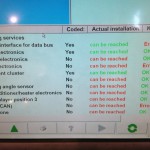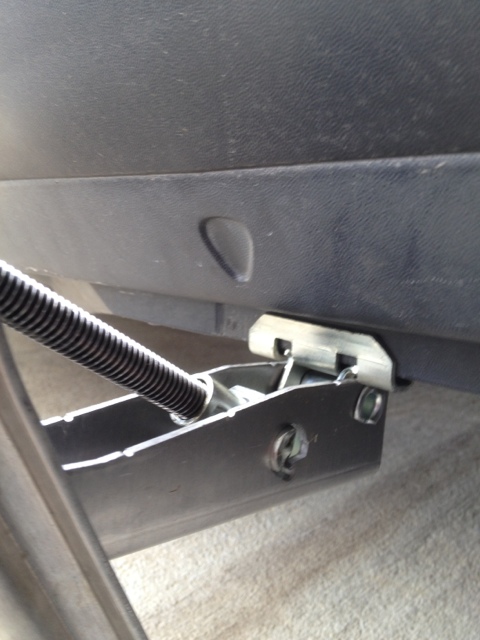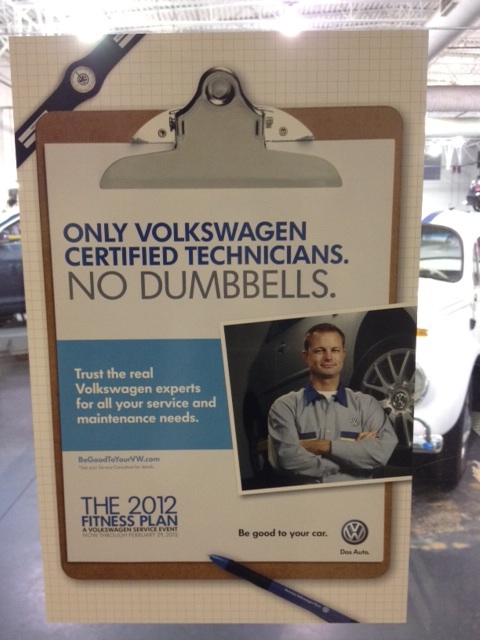It is no secret that dealers have the most state of the art diagnostic equipment in the industry. Everything from our $1100 battery testers, to our $12,000 VW scan tool. In fact, the amount of dollars that are spent on special tools and equipment is truly unbelievable. With all that money wrapped up in scan tools, many folks think that they are magic boxes that fixes cars.
The high dollar equipment is just another tool. They are VITAL to repairing most cars, but they don’t fix cars. Would you believe me if I told you a wrench fixed a car?, NO, the wrench was needed to fix the car, it was the mechanic that fixed the car.
I can’t tell you how many times I have heard
“You can just hook it up to the computer and KNOW whats wrong with my car!”
Well, the truth is YES and NO. When I hook a car up to the scan tool, I read the information that is stored in the car’s computer. That information gives me the system that has failed. It does not say “replace this part”.
Take an Airbag light for example. When I use the scan tool to check faults, it will tell me the area that has a problem. If the fault is for the drivers airbag(the one in the steering wheel) that does not mean the airbag is bad. It just means that the system is faulty. The actual problem could be:
- It could actually be the airbag in the steering wheel

- the Airbag Module might be faulty
- It could be the wires from the module to the airbag in the steering wheel
- the “clock spring” might be faulty(see the bottom of the post for a description of this part)
- the battery voltage might be causing a false error
Now, the scan tool will not say which one of these things have failed. That is where a mechanic comes in. The testing of components is where the problem is found. That is where the knowledge of the car, and the specific system is vital. It would be almost impossible to fix one of the failures listed above, if I didn’t know how it worked. I will say advanced diagnostic techniques for another post.
I think the issue comes mostly from service departments doing a poor job of helping cusotmers understand the process. Has your mechanic or service advisor ever taken the time to explain how this works? I would be willing to bet that very few have done that. I have heard it explained like this
“The diagnostic fee is $100. We will hook it to the computer and then tell you what is wrong with your car.”
That statement doesn’t really seem like your getting $100 in value does it? It just feels like a customer is paying $100 for a few minutes of work. If all things go right, hooking a car to the scan tool takes just a couple of minutes. –side note, that rarely happens, scan tools can get stupid sometimes– 🙂 Where the value comes from is
- What the mechanic knows
- the diagnostic equipment
- the information available about repairing the car
- special tools that it takes to fix the car.









